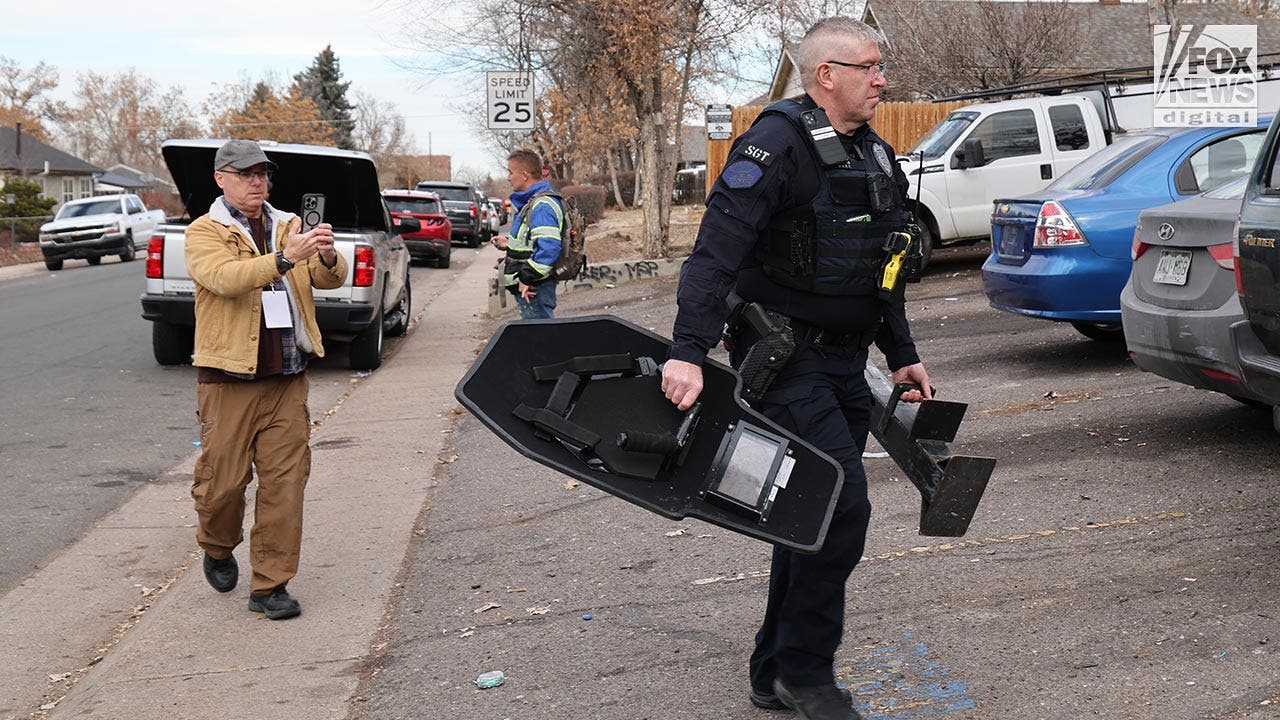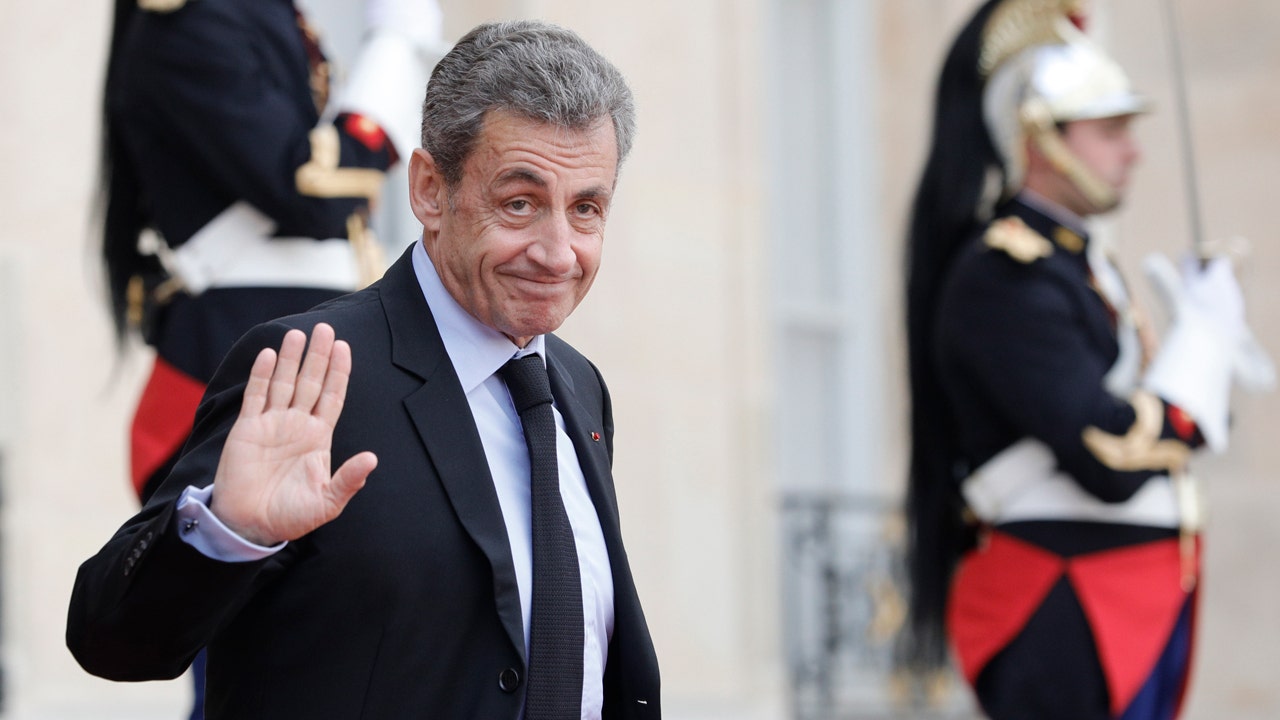The figure of 100 million, which includes people fleeing conflict, violence, human rights abuses and persecution, was estimated by the UN Refugee Agency (UNHCR) in May and described by Filippo Grandi, the head of the agency, as “a record that should never have been set”.
In 2021 it was around 90 million. Outbreaks of violence or protracted conflicts have been major migration drivers in many parts of the world, including Ukraine, Ethiopia, Burkina Faso, Syria and Myanmar.
Seeing Europe as their preferred destination, thousands of desperate migrants put their lives in the hands of traffickers and embarked on the perilous journey across the Mediterranean.
All too often these trips ended in tragedy.
Deteriorating conditions for migrants in Yemen
It has now been more than seven years since the protracted conflict between a Saudi-led pro-government coalition and Houthi rebels, along with their allies, began in Yemen. It unleashed a humanitarian catastrophe, forcing more than 4.3 million people to flee their homes.
May, The UN Migration Agency IOM and the European Union Humanitarian Aid Wing (ECHO), announced that they are stepping up efforts to address the needs of more than 325,000 people displaced by the conflict, including migrants and the communities that host them.
“The situation is also getting worse for migrants in Yemen, especially for women, who live in dire conditions in Yemen and have little control over their lives,” said Christa Rottensteiner, head of the IOM mission in the country.
Despite the dire situation in Yemen, it remains a destination and transit point for migrants leaving countries in the Horn of Africa.
Upon arrival, travelers face perilous journeys, many of whom head north en route to the Gulf States in search of work.
They are often forced to travel through local frontlines, at risk of serious human rights violations such as detention, inhumane conditions, exploitation and forced transfers.

Little prospect of a safe return to Syria
In Syria, the war has been turning lives upside down for 11 years now: almost five million children who were born in Syria have never known the country in peace.
More than 80,000 Syrians call the huge Za’atari camp in Jordan their home: many of them may have to remain outside their country for the foreseeable future.
“Prospects of return not promising for the time being”, said Dominik Bartsch, UNHCR representative in the Jordanian capital, Amman, in July. “We don’t see any environment in Syria that would be conducive to a return.”
Altogether, Jordan hosts around 675,000 registered refugees from Syria, and most of them live in the towns and villages among local communities: only 17 percent live in the two main refugee camps, Za’atari and Azraq.
Rohingya continue to flee Myanmar
More than five years ago, hundreds of thousands of Rohingya fled their homeland in Myanmar after a campaign of military persecution. Almost a million people live in the huge camp of Cox’s Bazar across the border in neighboring Bangladesh.
In March, the UN unveiled its latest aid plan, which envisages more than $881 million for the refugees and neighboring communities (more than half a million Bangladeshis) who are also heavily in need.
This year, Rohingya continued to leave Myanmar, many attempting to cross the Andaman Sea, one of the deadliest water crossings in the world.
More than a dozen migrants, including children, are reported died at sea off the coast of Myanmar in May Indrika Ratwatte, director of the UN refugee agency for Asia and the Pacific, said the tragedy showed the sense of desperation Rohingya still feel in the country.

“With double standards” in dealing with Ukrainian refugees
10 months after the Russian invasion of Ukraine, which began on February 24 and is expected to last until 2023, UN refugee agency show numbers that until December Over 7.8 million Ukrainian refugees have been recorded nationwide Europe.
Shortly after the conflict began, UN agencies mobilized to provide support. UNHCR coordinated the refugee aid together with sister organizations and partners of the United Nations in support of the national authorities.
In neighboring Poland, for example, staff supported authorities in registering refugees, providing shelter and care.
Filippo Grandi commended European countries’ willingness to take in Ukrainians, most of whom sought refuge in neighboring countries, but expressed his sadness for the country and its citizens.
‘Torn Apart’
“Families were senselessly torn apart. Tragically, the same will be true for many more if the war is not ended,” he said.
However, this generosity was not always visible when it came to some members of minority communities. In March, Mr Grandi addressed the discrimination, racism and violence they faced.
Speaking on the International Day for the Elimination of Racial Discrimination, Mr Grandi said the UN refugee agency had “witnessed the ugly reality that some black and brown people fleeing Ukraine – and other wars and conflicts around the world – have not have been treated in the same way as Ukrainian refugees”.
Mr Grandi’s concerns were echoed by González Morales, the UN special rapporteur on the human rights of migrants, in July. Mr. Morales allegedly that Poland and Belarus treat refugees with double standards, especially when it comes to people of African descent and other racial and ethnic minorities.
In Ethiopia, millions are due to the armed conflict in the Tigray region that began on November 3, 2020 between Ethiopian National Armed Forces, Eritrean troops, Amhara Forces and other militias on the one hand and forces loyal to the Tigray People’s Liberation Front on the other people fleeing others.
By the end of this year, a fragile, internationally brokered truce appeared to be holding, with aid returning to the embattled northern regions that had been inaccessible for months, along with many returning home to rebuild their shattered lives.
Already in January, the UN refugee agency stark warning that refugees in the region were struggling to get enough food, medicine and clean water due to deteriorating conditions, and risked death if the situation did not improve.
“The desperate situation in these camps is a clear example of the impact of lack of access and supplies affecting millions of displaced people and other civilians across the region,” said UNHCR spokesman Boris Cheshirkov.
Refugees were also exposed to direct attacks: in February, for example, there were thousands of Eritreans forced to flee a camp in the Afar region after gunmen rushed in, stealing belongings and killing residents.
By August, UN agencies issued an urgent appeal for donations to help more than 750,000 people seeking refuge in Ethiopia. The World Food Program warned that many refugees would have nothing to eat without the funding.

Thousands die trying to reach Europe by boat
The number of people who died or disappeared trying to reach Europe by boat has doubled to more than 3,000 between 2022 and 2021. This grim statistic was released by UNHCR in April.
“Most sea crossings took place in overcrowded, unseaworthy inflatable boats – many of which capsized or were deflated, resulting in loss of life,” said UNHCR spokeswoman Shabia Mantoo said journalists at a regular press conference in Geneva.
This did not deter many from exposing themselves to significant risk by attempting a sea crossing. In just one attempt in March, there were at least 70 migrants reported dead or missing off the coast of Libya, starting point for many crossings.
In August, when a boat sank off the Greek island of Karpathos in August, they existed Dozens of reported deathsand in September more than 70 bodies were recovered after a shipwreck off the coast of Syria.
Hope for a better future?
Amid the tragedy and difficulties facing so many, there was at least one bright spot that was reported in December.
UNHCR explained that governments around the world had pledged some $1.13 billion, a record amount, to provide a lifeline to people displaced by war, violence and human rights abuses.
“As a result of conflict, climate change and other crises, displaced people around the world are facing unprecedented hardships,” said Mr. Grandi. “Fortunately, UNHCR’s generous donors continue to support them during these troubled days and bring hope for a brighter future.”





